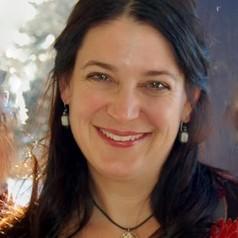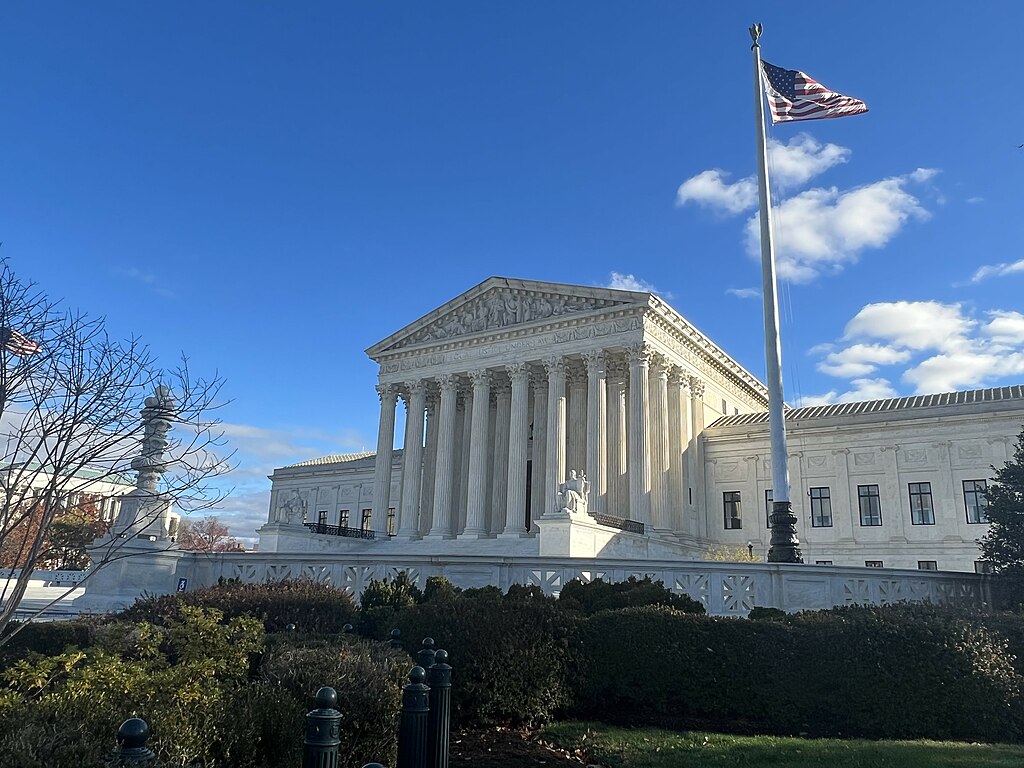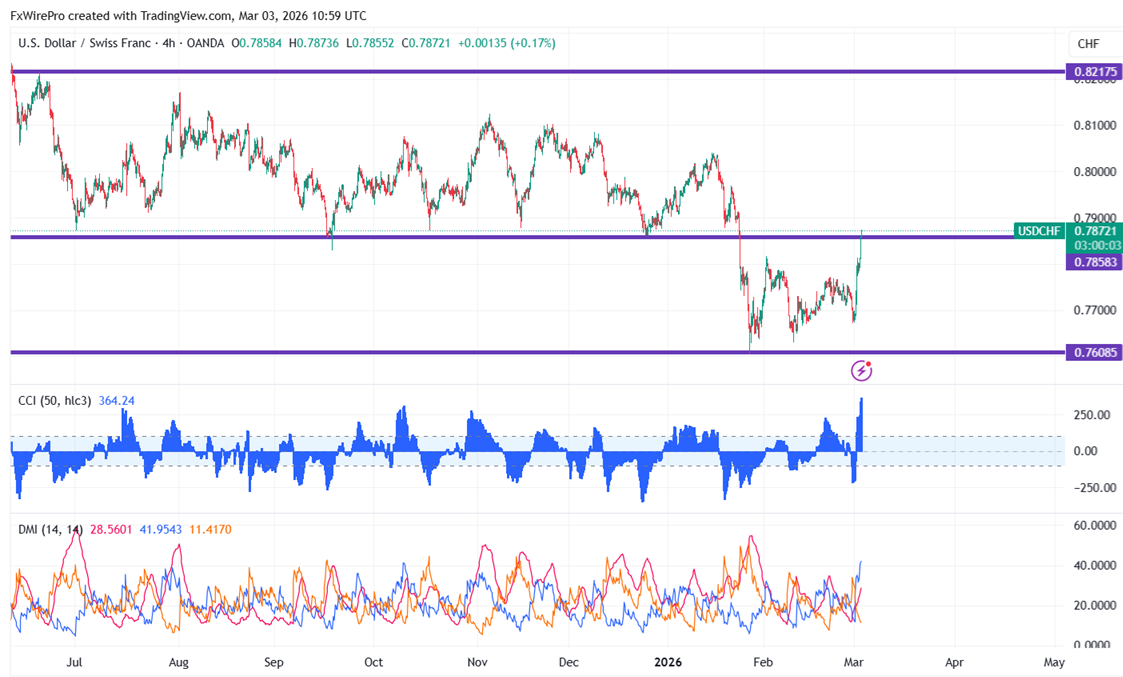
Dyan Mazurana
Research Professor of Global Affairs, Tufts University
Dyan Mazurana, PhD, is a Research Professor at the Fletcher School of Law and Diplomacy, the Friedman School of Nutrition Science and Policy, Tufts University, and Research Director at the Feinstein International Center, Tufts University. Her research focuses on the areas of women, children, and armed conflict, gendered dimensions of humanitarian response to conflict and crises, documenting serious crimes committed during conflict, and accountability, remedy, and reparation. She serves as an adviser to several governments, UN agencies, human rights NGOs, and child protection organizations regarding humanitarian assistance and improving efforts to assist youth and women affected by armed conflict. This work includes the protection of women and children during armed conflict, including those people associated with fighting forces, as well as remedy and reparation in the aftermath of violence.
Dyan has written and developed training materials regarding gender, human rights, armed conflict, and post-conflict periods for civilian, police, and military peacekeepers involved in UN and NATO operations. In conjunction with international human rights groups, she contributed to materials now widely used to assist in documenting serious violations and abuses against women and girls during conflict and post-conflict reconstruction periods. She has worked in Afghanistan, the Balkans, Nepal, and southern, west and east Africa.
She has published more than 100 scholarly and policy books, articles, and international reports and her work has been translated into more than 30 languages.
Dyan has a Ph.D. and an M.A. in women’s studies from Clark University.
Hamas' use of sexual violence is an all-too-common part of modern war – but not in all conflicts
Dec 12, 2023 16:01 pm UTC| Politics
The United Nations, womens groups and human rights groups are facing criticism for not quickly condemning Hamas fighters for raping and sexually violating Israelis during the Oct. 7, 2023, attack. Most critics cite...
- Market Data









































